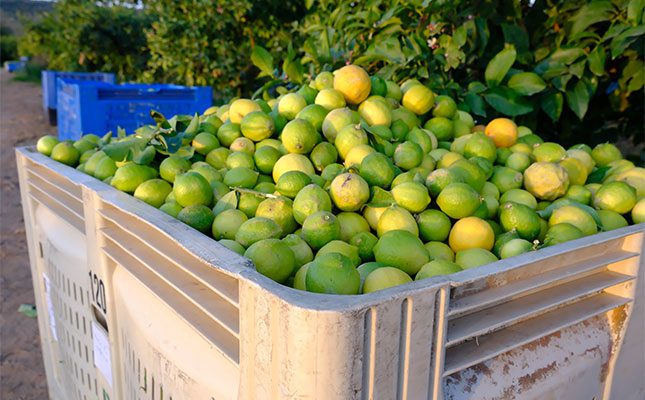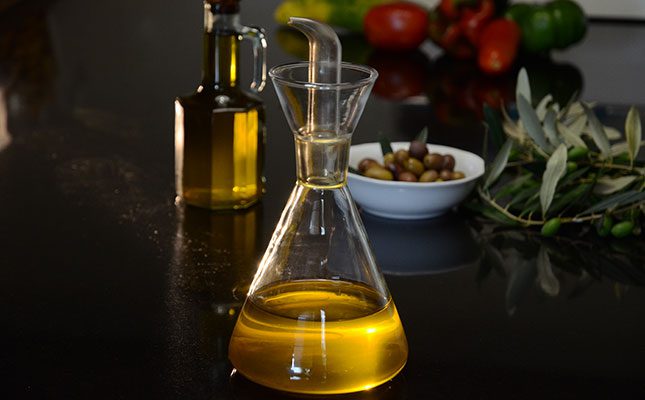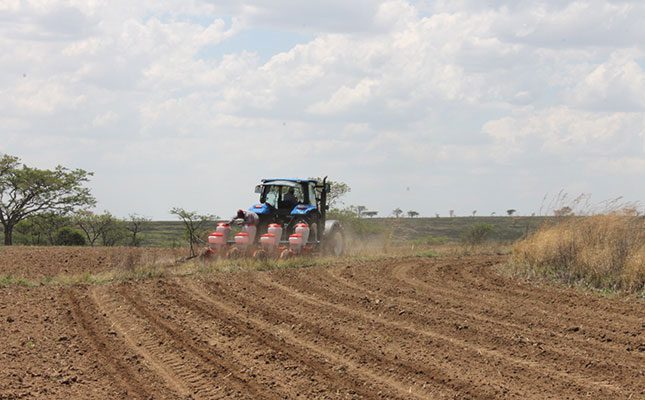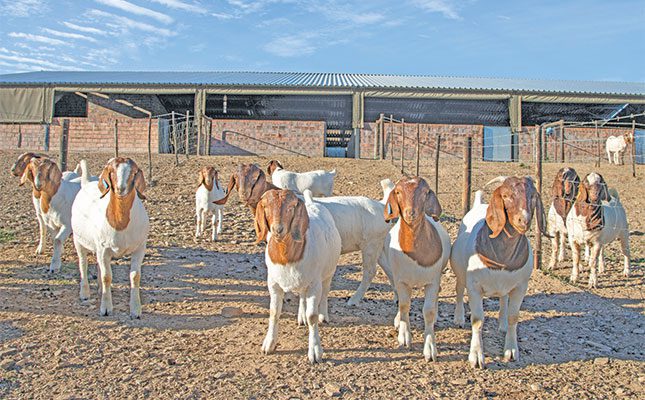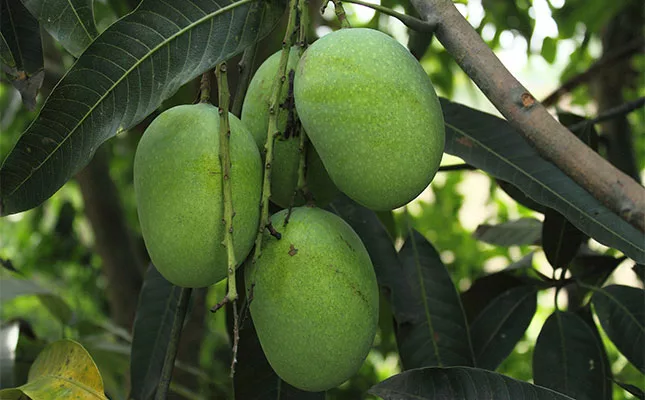
SAMGA and APAC have signed a three-year memorandum of understanding (MoU) to prevent the sale of immature mangoes that have been artificially ripened with ethylene gas.
According to Francois Knowles, registrar of APAC, the agreement followed several incidents in recent seasons where buyers purchased unripe mangoes, claiming they were for making achar, but then treated the fruit with ethylene, packed it into cartons, and sold it at fresh produce markets as ripe mangoes.
“These mangoes are usually sold early in the season when prices are high. While ethylene improves colour, the fruit remains sour and bitter, leading to a poor eating experience,” he told Farmer’s Weekly.
He added that research by a major retailer had shown that consumers who had a bad mango experience were unlikely to buy the fruit again for up to 12 weeks. So, in addition to being unethical, the practice damaged consumer confidence and depressed market demand.
In one case in November 2024, for example, a consignment of Tommy Atkins mangoes was blocked by Prokon inspectors for failing to meet maturity requirements. The fruit was presented again a week later and passed based on colour, though its internal quality remained poor. It was also alleged that some of the initially blocked fruit was sold before reinspection.
Under the MoU, SAMGA and APAC will jointly monitor the early-season intake of mangoes at national fresh produce markets and alert Prokon to conduct maturity inspections. They will also track blocked consignments and take action against market agents found selling immature fruit.
In addition, every October, the organisations will remind agents and market authorities of the risks associated with ethylene-ripened mangoes and request that such fruit not be traded. They will also host a training webinar on mango maturity, ethylene ripening, and how poor-quality fruit affects demand.

